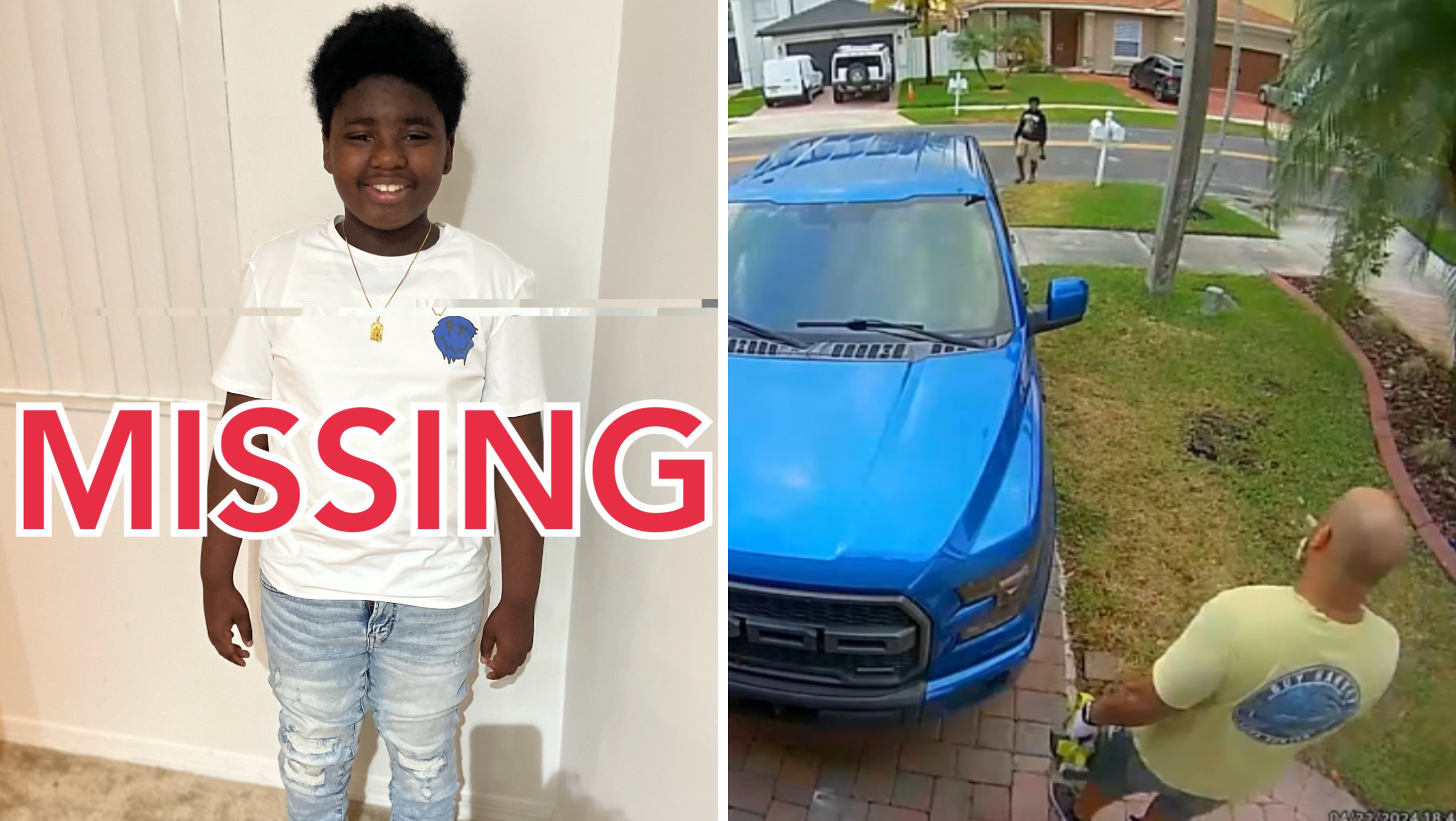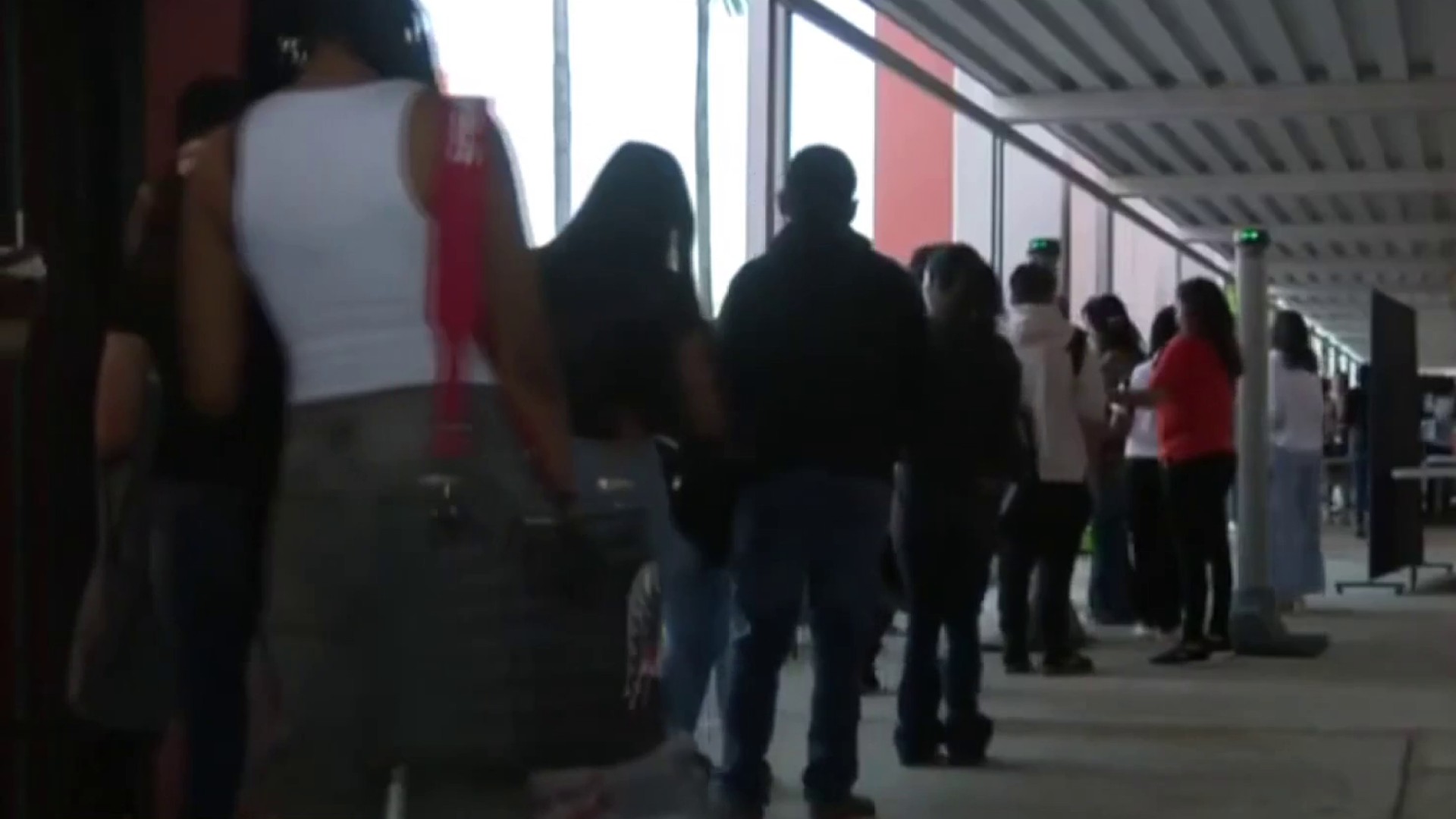In November, Floridians approved the restoration of voting rights to more than a million former felons. But state lawmakers are now proposing a bill that would limit the number of people who get to vote. The measure would require former felons to pay all their court fines and fees before they can participate.
That's something Betty Riddle says she can't afford to do.
"I will lose my right to vote because I'm unable to pay," said Riddle, a 61-year-old former felon.
She was first convicted of a felony at 17 years old. She registered to vote for the first time in January.
"When you sign that paper you don't feel like you're a convicted felon because you're a part of society now. Your vote will make a difference in how this country is ran," Riddle said. "I can't explain it, it's like butterflies."
The amendment's language said felons' voting rights would be restored "after they completed all terms of their sentence."
Now, the question has become: what exactly does that mean?
Some Florida Republicans say court fines and fees are part of a felons' sentence, and they're pushing a bill that puts it in writing.
"People thought when you finish your sentence, you finish your sentence. And I think most people were thinking of a felon finishing their sentence if they served a period of incarceration," Larry Eger, a Sarasota public defender, said.
Local
He said this move from the state will disenfranchise poor voters.
"I see this constantly, and I see that we have continued to criminalize poverty," Eger said. "And this is just one more example where your rights are dictated, not by your culpability, but by your wealth."
Critics from as far as New York, like congresswoman Alexandria Ocasio-Cortez, are calling it a 'poll tax,' the fee that was historically used to keep African Americans from voting until the 1960s.
The author of the Florida bill takes offense to that.
"To suggest that this is a poll tax inherently diminishes the atrocity of what a poll tax actually was," Rep. James Grant, a Tampa Republican, said.
The stakes are high. Under Amendment 4 more than 1 million people regained the right to vote in Florida, where President Donald Trump won by some 112,000 votes.
While politicians debate, volunteers are still registering voters. They're taking their word for it when they say they're eligible, but not without concerns.
"It makes me a little bit nervous," Deanie Bergbreiter, a member of Progressive Sarasota, said.
When people register to vote, they do it under oath that they meet the requirements. Submitting false information is a third degree felony.
"We certainly don't want to cause any problems for anybody," Bergbreiter said.
Some Florida prosecutors have publicly said they will not go after voters who registered thinking they could. But some worry the confusion alone will dissuade potential voters from engaging.
"All of these things will keep people from participating," Eger said.
Riddle said she still hopes she gets to participate, but can't help but feel disappointed
"I feel like they gave us a right and then, they took it," she said.
NBC 6 reached out to Representative James Grant for comment and did not hear back.
The bill was approved in the State Affairs committee on Thursday and is headed to the Judiciary committee next.



